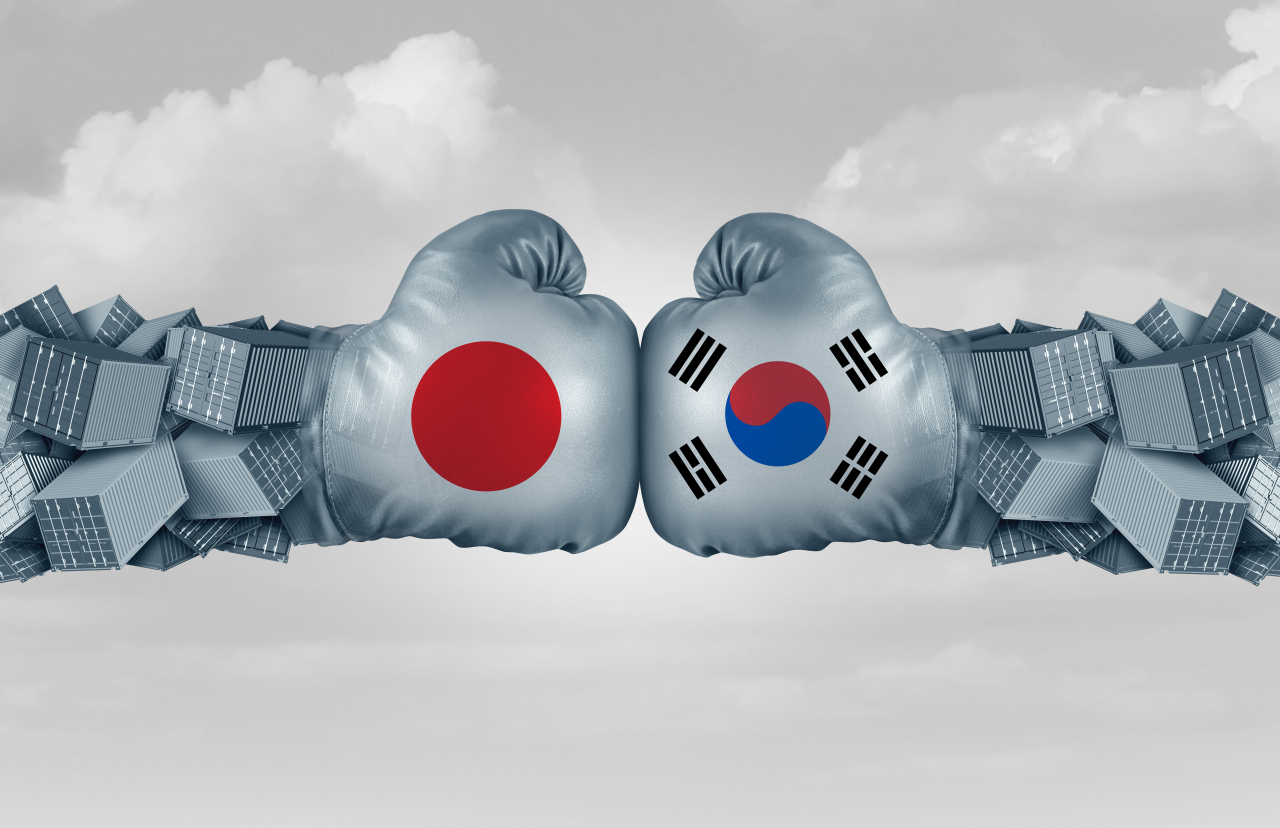 |
The South Korean flag (right) and Japanese flag. (123rf) |
South Korea and Japan agreed on a visit by Korean experts to the destroyed Fukushima nuclear power plant ahead of releasing the plant’s treated but still radioactive water, amid lingering health concerns over the diluted water.
The delegation, decided on at a nearly 12-hour meeting in Seoul that ran past midnight Saturday, has yet to finalize details like the facilities it will review, the Foreign Ministry in Seoul said following the meeting. Korea has said the tour is meant to “review the entire process involving the wastewater dilution and ocean discharge, as well as Japan’s capability to measure contamination levels.”
But Japan has long dismissed the resurfacing safety fears, saying the radioactive water will be filtered to below levels posing health risks. It says the tour is neither a review of its discharge plan nor an inspection involving an independent safety assessment on the water to be dumped into the Pacific Ocean, since the International Atomic Energy Agency is already doing the job.
The United Nations nuclear watchdog launched a 11-member task force reviewing the water safety following a 2011 tsunami that led to a reactor meltdown. Radioactive water has since been stored in tanks, but Tokyo says it has to empty them in stages starting this year to facilitate decommissioning. The tanks are expected to reach their capacity in early 2024. Releasing water there could start as early as July.
The plan has prompted fierce opposition from neighboring countries concerned about nuclear contamination. But earlier this month, the IAEA endorsed Japan’s plan to reduce the number of nuclear elements subject to testing before disposal -- a rule change critics say will only help Tokyo to rush through the discharge process.
Korea, which is part of an 11-member watchdog team reviewing water safety, is the only country on the team fielding a separate fact-finding mission to the plant. Along with China, Korea has maintained a ban on seafood imports from eight prefectures around the destroyed nuclear plant, including Fukushima, since 2013.
Easing the ban is currently not an option, according to Park Ku-yeon on Friday, the first deputy chief of Korea’s Office for Government Policy Coordination. The office is leading the interagency task force independently investigating the wastewater safety.
Park noted some 20 government experts will be on site for the review during the four-day visit -- the exact dates of which are not yet confirmed but will include May 23-24 -- though he added the actual size of the delegation is still under deliberation.
“We will soon discuss the specifics of the trip, including the locations, via a videoconference,” a senior official at the Foreign Ministry in Seoul said, without offering details.
But experts warn that the visit could fall far short of running the “verification process” Seoul wants. Not only is the four-day trip too short to make that happen, but Japan is unlikely to let Korea in on systems meant to dilute the wastewater, according to them.
“Even if Japan lets South Korea watch how it filters the radioactive water, which is doubtful at this stage, the South Korean team on the site will have a very limited sample of all of the wastewater that needs to be diluted,” said Suh Kune-yull, an emeritus professor of nuclear engineering at Seoul National University.







